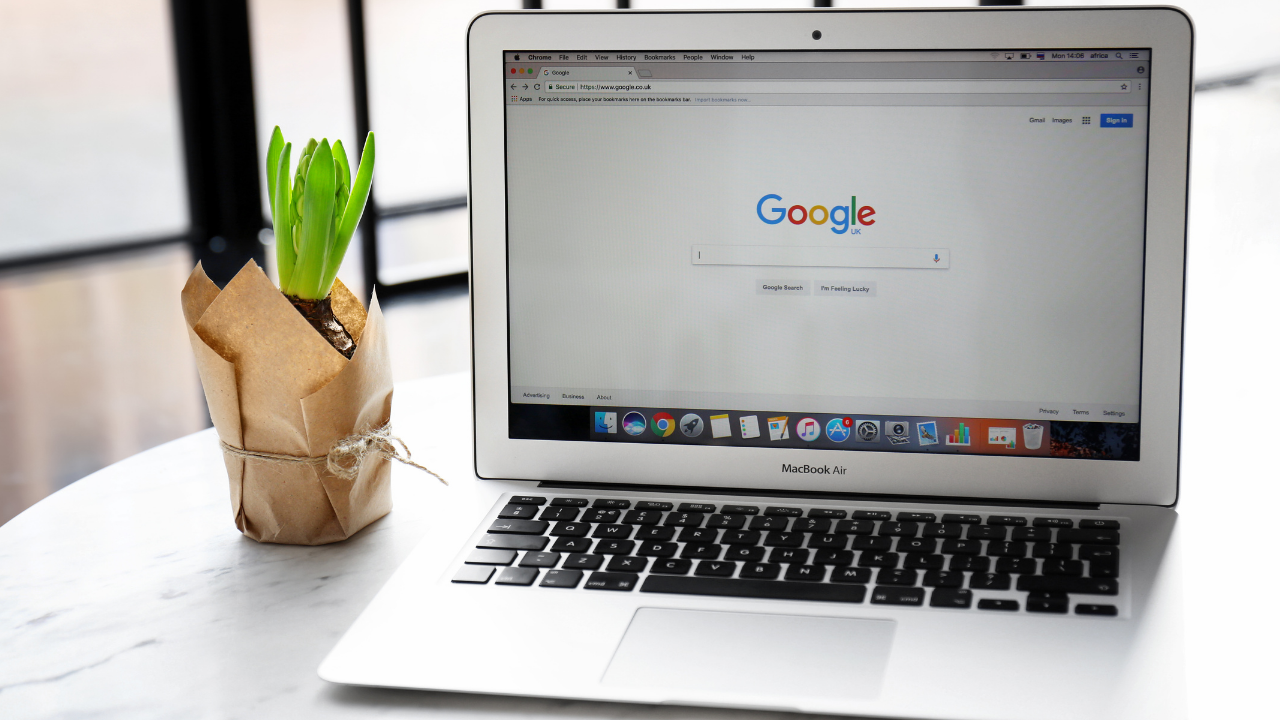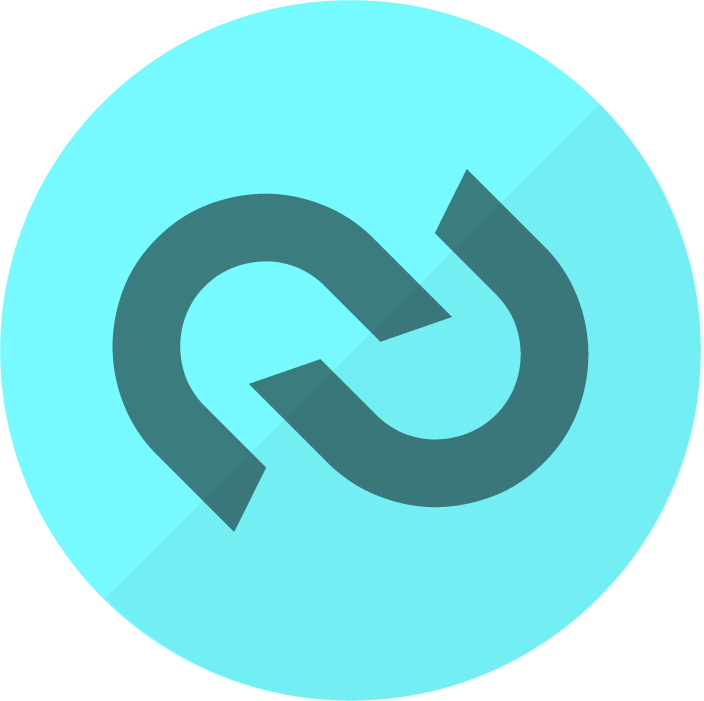Is Dr. Google Improving Health Literacy?
Making sure patients have a basic understanding of the health information they need to make decisions needs to be done with the realization that people are going to Google.

There is a widely held belief that a direct correlation exists between the level of engagement a patient has in their personal health journey and their health outcomes. It is thought that patients who are actively engaged are more likely to have meaningful and open discussions with care providers and that they are more likely to follow care instructions/recommendations that are made.
Of course to be engaged, one must have the capacity to understand the health information that is being presented to them and to apply that to their own life situation. This process is often referred to as health literacy.
Health Literacy - The degree to which individuals have the capacity to obtain, process, and understand basic health information and services needed to make appropriate health decisions.
(HealthyPeople.gov)
If we look back 15-20 years, specific health information was almost always provided by a member of a patient's care team, published in research journals, or communicated directly from someone in a health-related organization. There were peer groups for certain conditions; however, these too received most of their information from one of the aforementioned sources.
A great deal of effort is required to ensure that pamphlets, articles, videos, etc. are written using language appropriate for the general population. All to ensure that material content is clinically accurate and directly relevant. This of course takes a huge amount of time so materials produced are not always abundant. With resource constraints in health organizations, it's also not always possible to generate health content in multiple languages. (Something the industry struggles with particularly for patient instruction and eduction documents.)
Now everyone just Googles ...
If you are looking for content on anything these days, Google has emerged as a great one-stop-shop that will present you with more options that you could possibly think of. On any topic that you can imagine. (And even some topics you didn't know existed!) In just 1.17 seconds Google produced a list of 'about 436,000,000' content links on 'diabetes'. 😳
There are research articles, blog posts, patient education links from health organizations, videos, personal stories, news articles ..... the list just goes on and on. Content in every format created by groups and individuals from all different areas of life. Not to mention there's a box over to the side that encourages me to click on related content about 'Type 1 diabetes' or 'Type 2 diabetes'.
I'm pretty sure that before long I could find exactly the right level of content to answer any questions that I have. Content where someone with my education and background is the target audience, or content geared towards my 5 year old nephew or 76 year old mother. I can find things that will truly serve to educate me as well as things that will validate any ideas or thoughts that I currently hold.
Is this a good thing or a bad thing?
Making sure patients have a basic understanding of the health information they need to make decisions is still something that care providers and organizations need to focus on. It just needs to be done with the realization that people are going to Google. Patients that are connected will head to the internet to check on symptoms, to learn about terms, to find peer groups or others experiencing similar issues, and to research treatment options.
With so much information available, there is a high likelihood that the internet is improving health literacy for a large number of people. But it is not improving it for everyone.
Health literacy efforts need to include educating patients on reputable and reliable sources of information.
In 0.97 seconds a Google search for 'diabetes cure natural' returns 65,300,000 results! Which would be a great place to start if my provider didn't give any information on diet, excercise, and over the counter supplements.
While I'm sure that some of them are from very respectable medical sources ... there's a whole lot on that list that are a bit more 'questionable'. On the first page I came across a great video that walked through how to cure Type 2 diabetes completely in less than 4 weeks time - by just adding cinnamon to your drinks!!!! Imagine that, no need for all those medications and glucose checks - just add cinnamon and you're good to go!
You're probably thinking 'who on earth would believe that?' Well, enough people have clicked on it to have it appear on the first page of a Google search ...
The chances of people abandoning Google to rely strictly on information provided by health organization is next to zero. As we work on creating digital content for patients and caregivers perhaps it's time we focus a bit more on teaching them how to search effectively.

